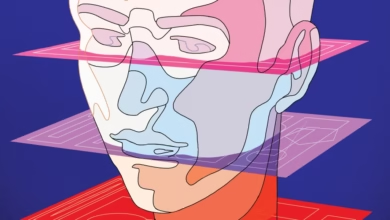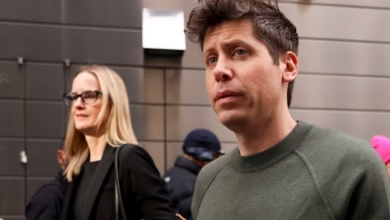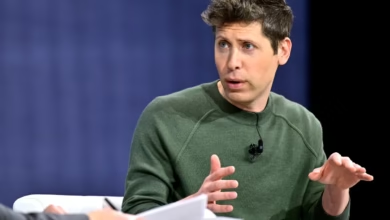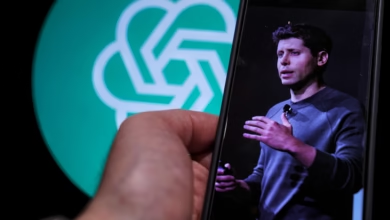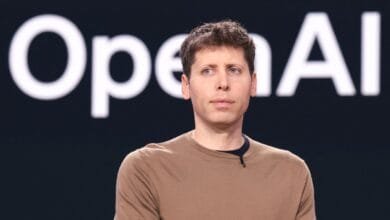Sam Altman Predicts the Singularity Is Near – Here’s Why
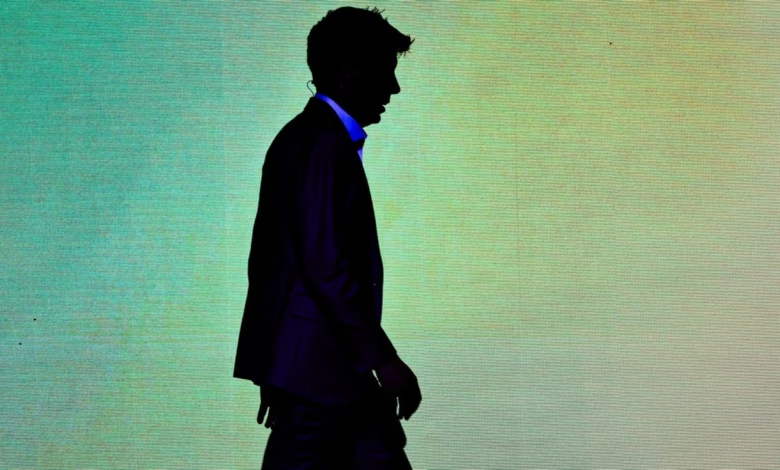
▼ Summary
– Ray Kurzweil predicted the Singularity (machine intelligence surpassing humans) by 2045, but OpenAI CEO Sam Altman believes superintelligent AI is much closer.
– Altman describes superintelligence as vastly surpassing human cognition, though he suggests its arrival will be gradual enough for society to adapt.
– The tech world is divided on AGI and superintelligence, with companies like Meta investing in research while others doubt its feasibility.
– OpenAI has faced criticism for prioritizing speed over safety, leading to employee departures and concerns about job displacement due to AI automation.
– Altman argues AI will create new jobs and wealth, enabling policy innovations like universal basic income, while OpenAI shifts focus to superintelligence research.
The concept of artificial superintelligence, where machines surpass human cognitive abilities, has long fascinated futurists and tech leaders. OpenAI CEO Sam Altman recently reignited the debate by suggesting this transformative moment may arrive sooner than expected, reshaping society in ways we can barely imagine.
In a recent blog post, Altman described the impending arrival of superintelligent AI as an inevitable yet gradual shift, one that society will have time to adapt to. He compared the rapid adoption of AI tools like ChatGPT, once nove, now commonplace, to how humanity might acclimate to even more advanced systems. “Humanity is close to building digital superintelligence, and at least so far, it’s much less weird than it seems like it should be,” he wrote.
Altman’s vision borders on the philosophical, framing the 2030s as a decade of unprecedented change. His language, while rooted in technical reasoning, carries an almost prophetic tone, hinting at a future where machine intelligence eclipses human understanding. “We do not know how far beyond human-level intelligence we can go, but we are about to find out,” he stated.
The idea of artificial general intelligence (AGI), and its more advanced counterpart, superintelligence, remains contentious. Some, like Meta, are investing heavily in research to achieve it, while skeptics question whether machines can ever truly outthink the human brain. OpenAI itself has undergone dramatic shifts since its founding, transitioning from a nonprofit focused on open-source AI to a major industry player competing with tech giants.
Yet concerns persist. Critics argue that AI developers, including OpenAI, prioritize speed over safety, leading to internal dissent. High-profile departures, such as cofounder Ilya Sutskever’s exit to launch Safe Superintelligence (SSI), highlight growing unease about unchecked AI advancement.
Another pressing issue is the economic upheaval AI could bring. Altman acknowledges job displacement but remains optimistic, suggesting new industries will emerge, and unprecedented wealth creation could allow people to pursue more meaningful lives. He has even floated universal basic income as a potential solution.
Still, questions linger. If AI reshapes work, what replaces it? And if superintelligence arrives, how do we ensure it benefits everyone? OpenAI’s mission, once centered on AGI, now explicitly targets superintelligence research. As Altman puts it, “Before anything else, we are a superintelligence research company.”
The race toward this uncertain future is accelerating. Whether it leads to utopia or upheaval remains to be seen, but one thing is clear: the world is on the brink of a transformation unlike anything before.
(Source: ZDNET)
